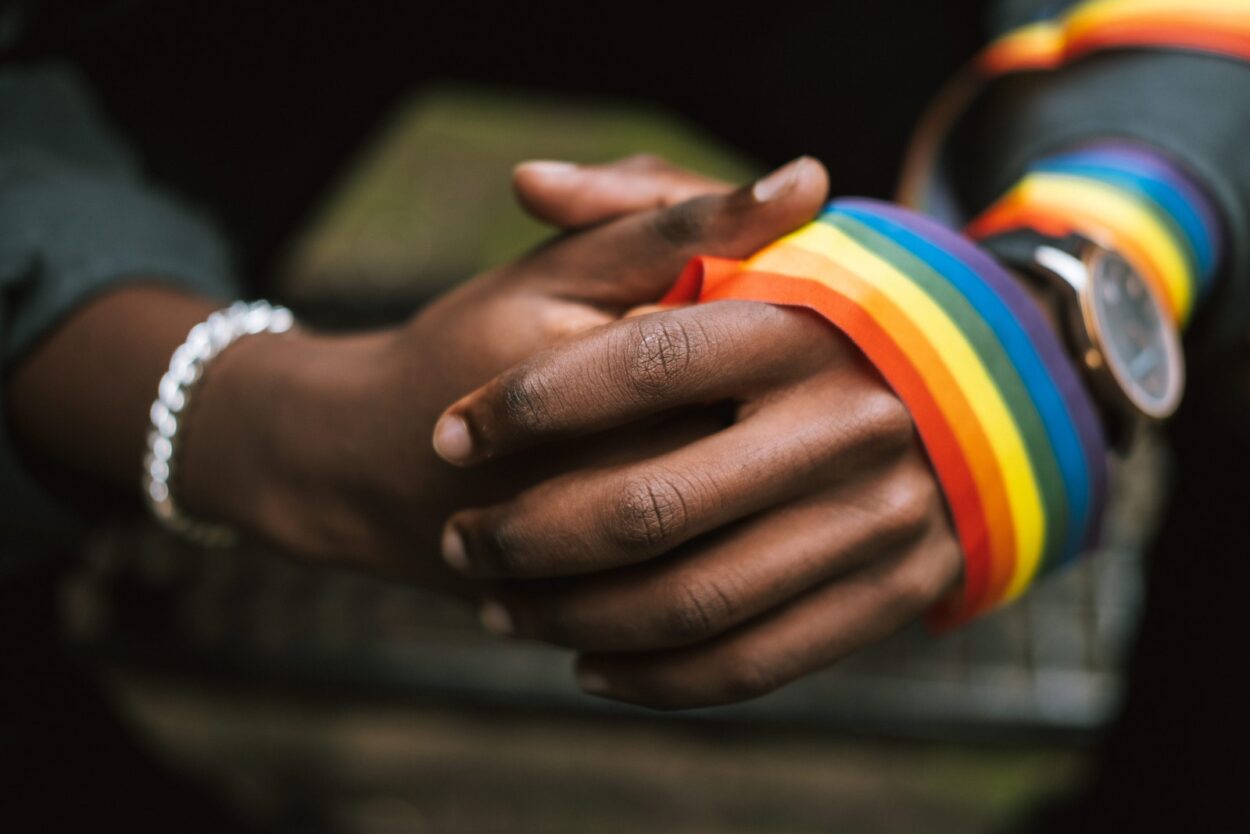Some people wishing to become parents consider using a gestational carrier, surrogate mother or artificial insemination. These methods require collaboration with a fertility doctor and cost around $200,000 per child.
Notes: These figures are based on relatively small sample sizes, so the results may not be reliable.
Lesbians
Lesbian mothers and fathers face the same concerns as heterosexual parents when deciding to raise children. They have to think about time, money and responsibilities. They also have to be warm and supportive, teach good conflict resolution and monitor their child’s peer group and extracurricular activities. However, they must also deal with the stigma of being a same-sex parent and the fear of reprisal from anti-gay hate groups or loss of custody.
Studies of same-sex families are limited, primarily because many lesbian couples are not open about their sexual orientation. A 1998 study by Cheryl A. Parks found that most lesbian parents are young, white, middle to upper class and highly educated. The majority live in urban areas and are open about their sexual orientation. The majority of them are in a civil union or domestic partnership, which allows them to enjoy most of the same rights as married heterosexuals, such as access to health and insurance benefits.
Many studies have shown that children with two moms or dads do just as well as those raised by heterosexual parents. They learn respect, empathy and tolerance of diversity and have similar mental and social development to children in heterosexual families. Most studies have been conducted with adolescents, though some are starting to focus on children with two heterosexual parents as well.
Bisexuals
Many people who identify as bisexual want to have children, but for years it was a common refrain that you “couldn’t have a family.” Now the stigma is dissolving and reproductive technology has made it easier for LGBT people to become parents.
Those who are in gay or lesbian relationships often choose to use artificial insemination to have children, which requires a fertility doctor and a gestational carrier. The process is expensive, but many insurance plans now cover it. This is a big change from the past, when prospective gay fathers were told that they would never be able to have children because they don’t meet the eligibility requirements for most health care plans’ fertility benefits.
Some studies have found that children in same-sex families fare well academically and socially, but the data are inconsistent. Moreover, these studies tend to have small samples and can be biased by the fact that many LGBT families are not open about their sexual orientation. This is because of fears of discrimination, homophobia and the risk of losing custody of their children.
A study led by Regnerus found that children whose mothers were in same-sex relationships performed worse on 19 of 40 outcomes compared to those born to intact heterosexual couples. The study included 175 now-adult children of lesbian mothers and 73 children of their fathers.
Gay men
The broader gay community has become more open about their sexual orientation in recent decades, and many people are now raising children as same-sex parents. These families may consist of biological children born to a gay father or lesbian mother, or they may be the result of donor insemination, surrogacy or foster care. Children raised by gay parents generally do just as well as those in heterosexual homes, according to most studies. However, these research results have been controversial. Many experts and advocacy groups have criticized the study’s methodology, arguing that comparing children of two heterosexual parents to children of same-sex mothers or fathers is unfair and biased.
Interview excerpts of 155 lesbian, gay, bisexual, queer, pansexual and two-spirited (LGBQ+) respondents revealed that parental appraisal of their children’s same-sex sexuality varied depending on the parents’ a priori knowledge of their children’s sexualities, as well as whether the children came out to their parents. Some parents had no suspicions but were surprised to find out that their children were LGBQ+, while other parents were aware of their son or daughter’s or siblings’ sexual identities and gave supportive or neutral responses.
Explaining family relationships can be challenging for many LGBT adults, but it is particularly difficult for those who are in same-sex parented families. This includes explaining their relationships and family make-up to school professionals, medical professionals, friends, and their children.
Lesbian women
Many people who are lesbian, gay or bisexual (LGB) are not parents. However, more than three-in-ten LGBT respondents say they would like to have children someday, while about half are not sure if they want to have children. Interestingly, women are more likely than men to say they want to have children.
During the early stages of coming out as LGB, a common refrain was “You’ll never be able to have children.” While this is a less frequent comment today, it has deep roots in the social stigma against same-sex families and an assumption that reproductive science isn’t advanced enough for LGB people to become mothers and fathers.
A recent study from researcher Mark Regnerus found that the children of a mother in a same-sex relationship performed worse on 24 out of 40 outcomes, including school performance and self-esteem, than those raised by an intact heterosexual couple. While the findings sparked controversy, Regnerus emphasizes that the study is not suggesting that same-sex parents are bad or unfit for parenting. Instead, it is examining the consequences of social norms that influence how LGBT parents raise their children.




Leave a Comment